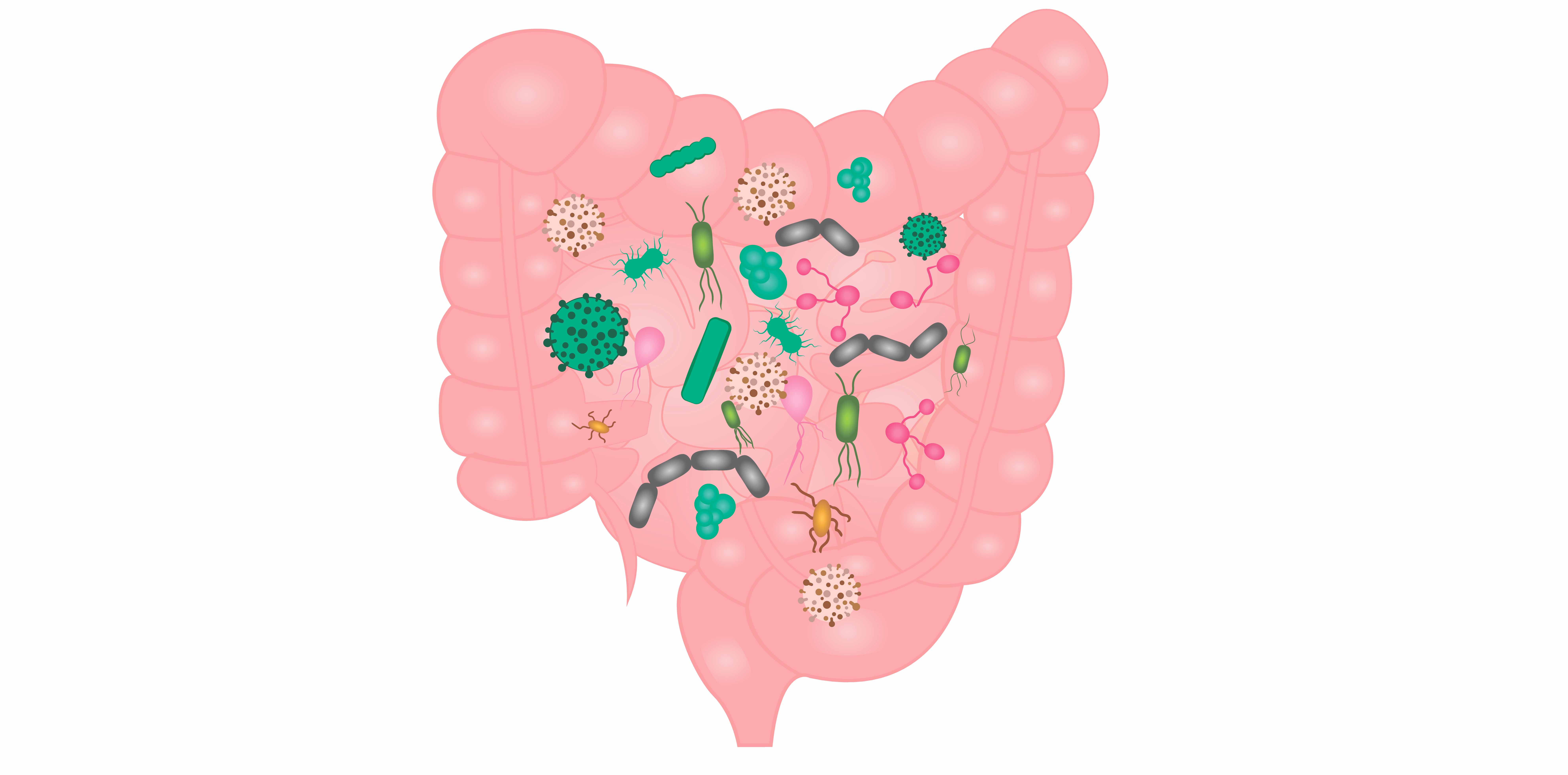Hope may be on the horizon for IBS patients with new research showing probiotics with dead bacteria can improve symptoms
Hope may be on the horizon for IBS patients with new research showing probiotics with dead bacteria can improve symptoms.
Probiotics with live bacteria have short shelf lives because the microorganisms progressively die off, limiting their use as a widespread therapy.
But now a 12-week, randomised, double-blind, placebo-controlled clinical trial involving 443 patients suggests there might be a new way.
The research team, led by Professor Peter Layer, from University of Hamburg Teaching Hospital, Germany, found that oral supplements containing probiotic bacteria that were killed with heat were better than a placebo at alleviating symptoms, and were safe.
“To our knowledge, no other dead bacterial strain has been found to significantly improve IBS and its symptoms, but the probiotic we used in this first clinical trial appears to reach or even surpass the effects of the live form,” Professor Layer said in a statement.
Around one in eight people have IBS, and the condition is usually managed with diet and lifestyle changes.
However, there has been increasing interest in shifting the gut microbiome with probiotic supplementation and even faecal transplants. One problem is that live bacteria have been linked with severe infections in a small number of patients, typically those who are immunocompromised or are seriously ill.
In this study, participants were randomly assigned to a group that orally took two capsules of a placebo, or another that took two capsules with Bifidobacterium bifidum (HI)-MIMBb75 cells that had been inactivated using heat.
The key outcome the researchers were looking for over the eight-week course was a 30% or more improvement in abdominal pain and a reduction of IBS symptoms in at least four of those weeks.
One in three patients in the probiotic group reached that target, compared with one in five in the placebo group.
“Our results show for the first time that dead or alive, it’s possible to preserve the beneficial effects of some probiotic bacteria,” co-author Dr Viola Andresen, from University of Hamburg teaching hospital, said in a statement. “They could be just as effective as live probiotics, as well as even safer, with the added commercial benefit of a longer shelf life.”
While it is still unclear why the dead bacteria are as effective as live bacteria, the researchers speculate that they may stick to the cells lining the stomach in a similar way. This could help strengthen the barrier against harmful pathogens that could contribute to IBS.
Professor Nicholas Talley, leading gastroenterologist at the University of Newcastle, said a strength of this study was that the supplement appeared to help all IBS subtypes.
While he believed that bacterial therapies were the future of treatment, Professor Talley was more interested in work on stool transplants and non-absorbable antibiotics to change the intestinal bacteria.
One problem with probiotic supplements was that IBS symptoms quickly returned when the patient stopped taking the supplement, meaning they had no impact on the natural history of the disease, he said.
Another was the limited evidence to say which probiotics really worked.
“Some of them certainly do very little. Some might do a bit. None of them do a lot,” he told TMR.
“Probiotics are best as an adjunct,” said Professor Talley.
The study was funded by probiotics manufacturer Synformulas.
The Lancet Gastroenterology & Hepatology; DOI: https://doi.org/10.1016/S2468-1253(20)30056-X


